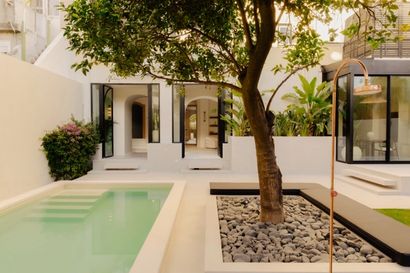From carrying a reusable water bottle, to always remembering to pack a tote bag for your weekly supermarket trip, there are myriad ways we can all convince ourselves that we are ‘doing our bit’ for the planet. But, we all know that any true revolution begins at home — and that to make any significant difference will require a definitive lifestyle change.
Happily, the days when ‘decorating sustainably’ meant relying on haphazard homemade efforts are firmly behind us. A number of forward-thinking designers and visionaries are committing to sustainably sourcing their interiors solutions, and making spaces look seriously stylish in the process. We spoke with the experts at Capital Interiors for their top tips on how best to make your home a greener place.
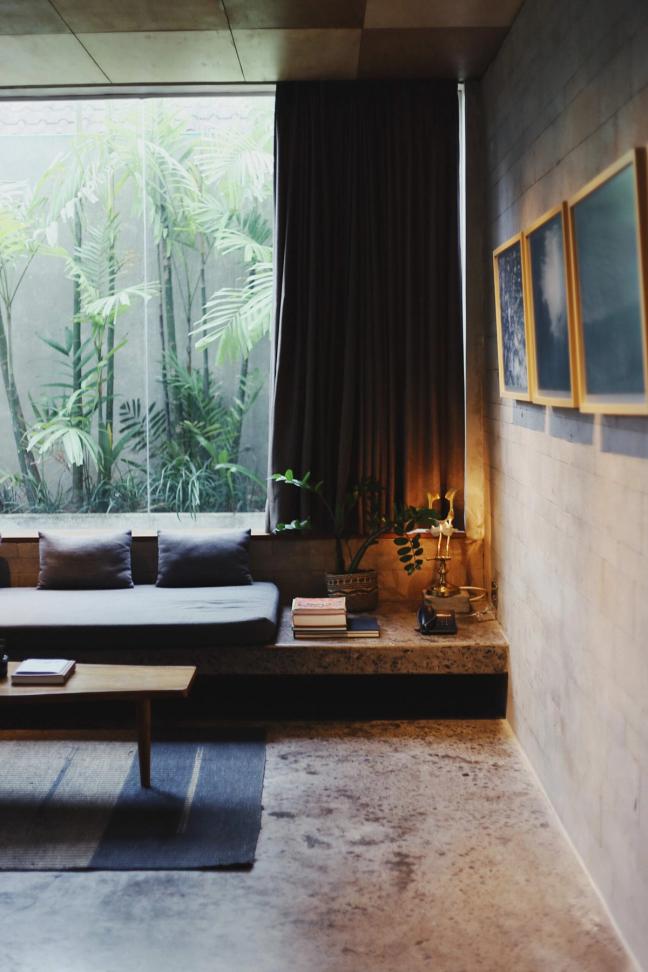
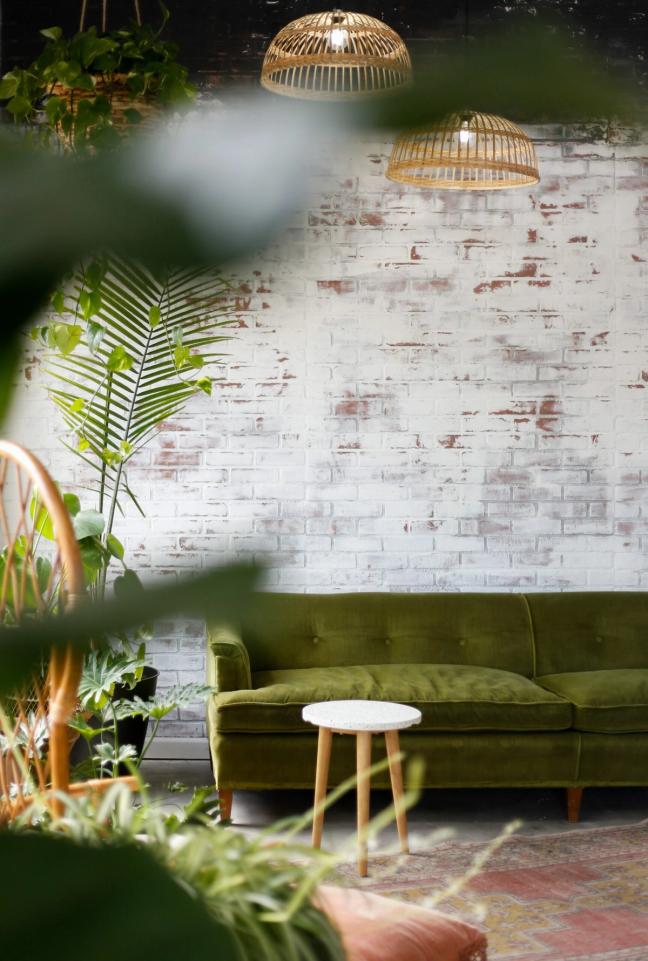
Know the provenance…
Understanding the provenance allows you to make an informed decision about whether an item is sourced sustainably or whether it has been imported at great cost to both the seller and to the environment. Having more information allows you to be more conscious if choosing marble over granite, for example, or native wood over imported wood.
Throughout all our projects, especially those in harder to reach locations, we try to use as many locally-sourced materials as we can. Don’t be afraid to ask questions about where an item came from — who made it, and where the materials came from.
Speak to local tradesmen and craftsmen…
It is a common misconception that using local tradesmen or craftsmen will break the bank. In Britain we have always had a very strong skilled workforce — from horologists to joiners to cobblers. We have found that the ‘Made In Britain’ stamp is still a sign of quality and luxury, however, these are dying arts as consumers choose high street brands and companies.
Where possible, we use our joiners so that we can control the quality and ensure that whatever we are creating is right for the client and the space. The quality of bespoke is unrivalled and lasts far longer than mass produced goods. Using local joiners, you’ll be supporting local trade, using locally sourced materials, and creating a space entirely bespoke.
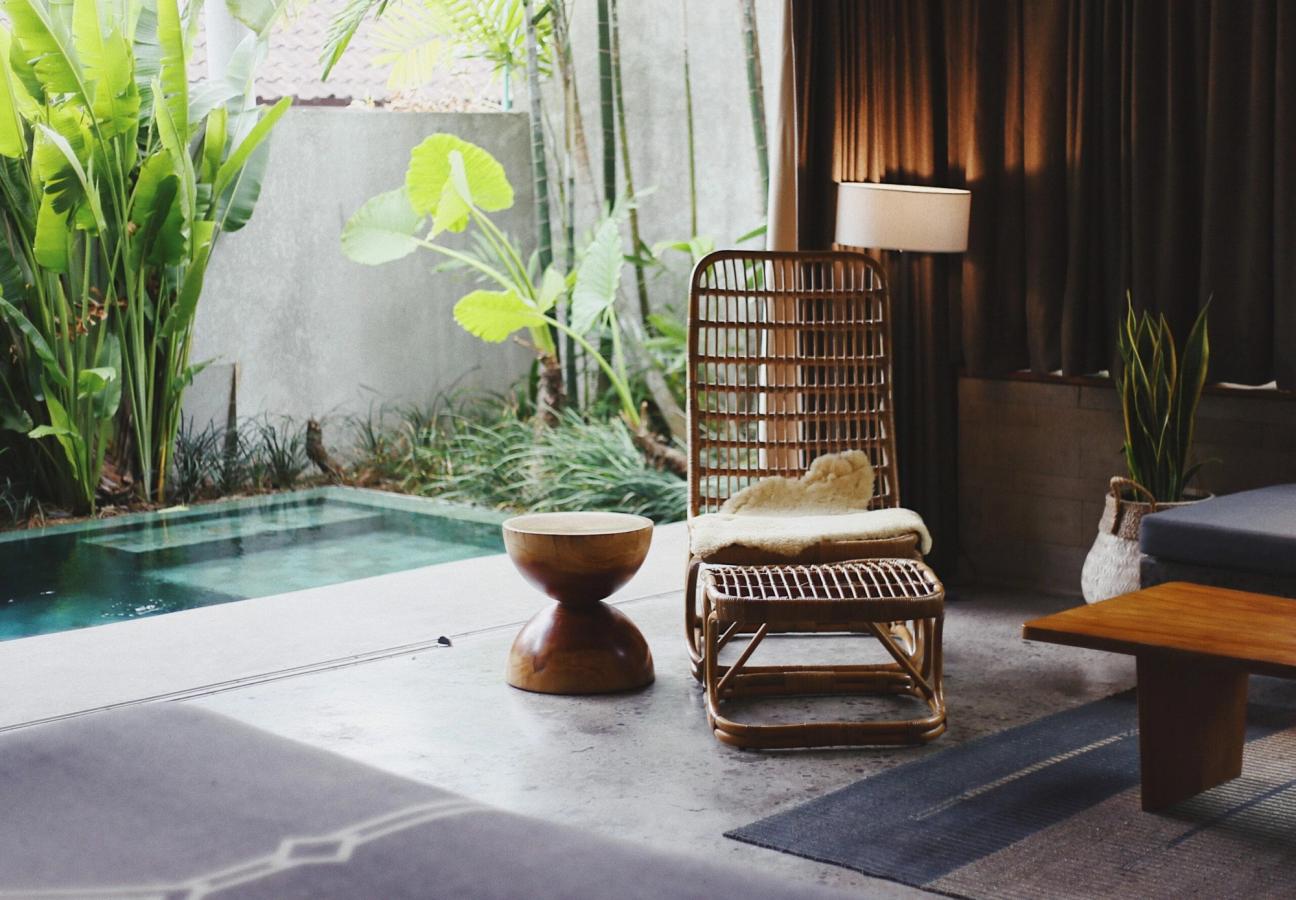
By the same merit, using UK-based craftsmen in other areas of the world isn’t sustainable. When we were undertaking a project in Barbados, we used a local skilled workforce, local quarried stone and local timber. As important as anything else — a local workforce is much more proficient at working with local materials than anyone else.
Don’t buy cheap, buy old…
Rather than buying new, cheap goods from multinational brands, take a trip to your local markets, antique shops, auction houses and charity shops. Mass products have an enormous carbon footprint versus independent retailers and manufacturers who create items locally. No doubt you will find items that are better suited to your style and that have more value and loads more character when buying locally. Giving hand-crafted pieces a new lease on life creates opportunities to own something that has been lovingly crafted as opposed to mass produced.
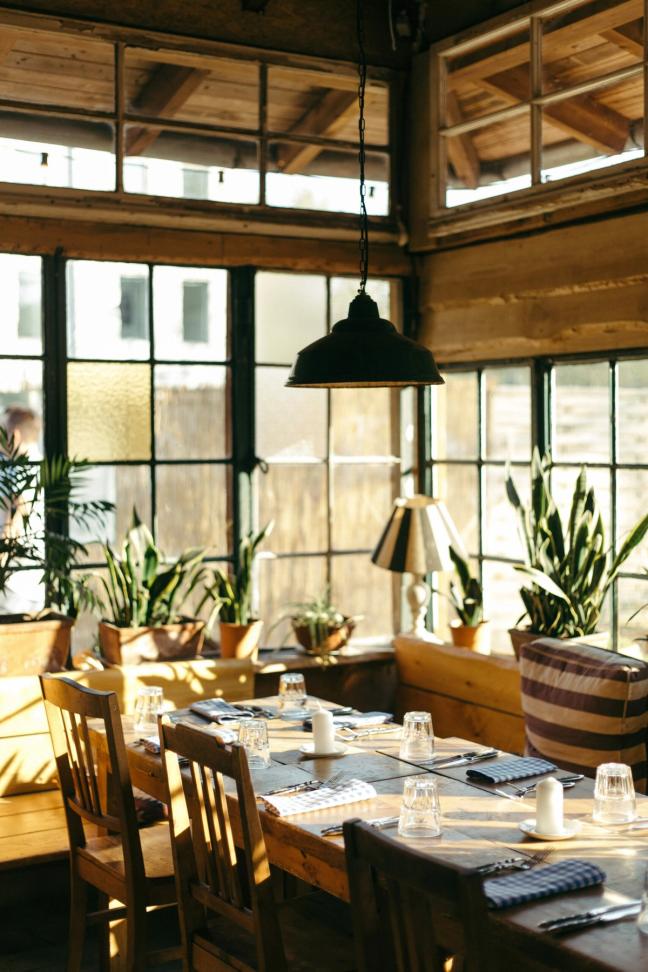
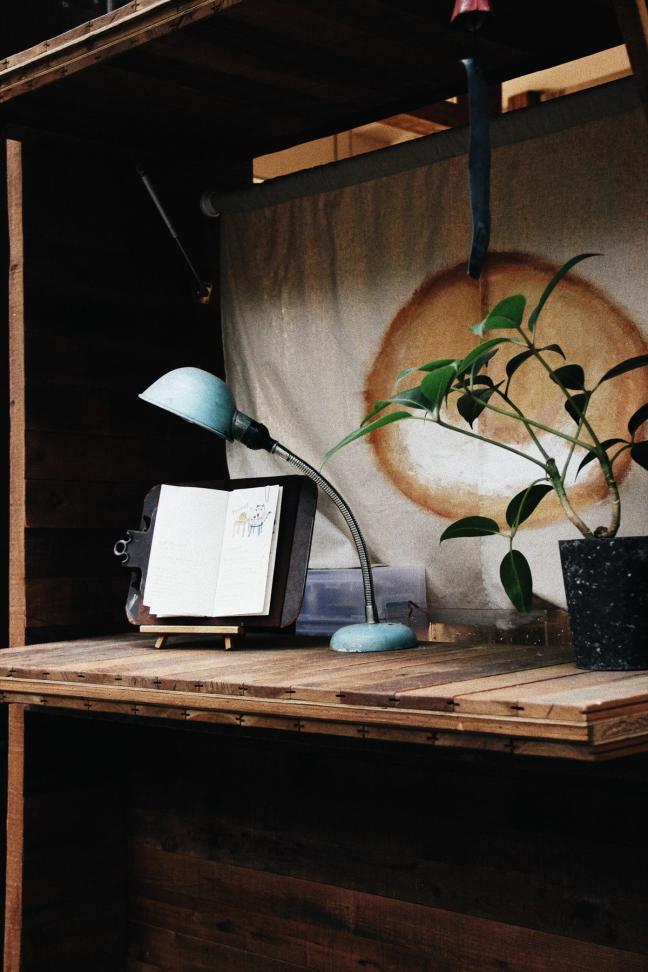
Recycle, recycle, recycle…
As the saying goes ‘one man’s junk is another man’s treasure’. When designing or refurbishing your house, look at the waste that is leftover and find creative ways to use that excess materials. The beauty of designing a house is that there are no rules, so there is room to experiment and challenge the status quo. We’ve worked on everything from palatial residences in the Middle East to extensive villas in Barbados and everything in-between. It allows us to think outside the box, be creative and design completely bespoke homes for our clients.
Our experience and knowledge also mean we can select sustainable materials from sustainable sources by understanding the provenance. We recycle materials where we can to reduce the waste on a project and, by planning, we reduce the amount of excess.
And, for a little something extra...
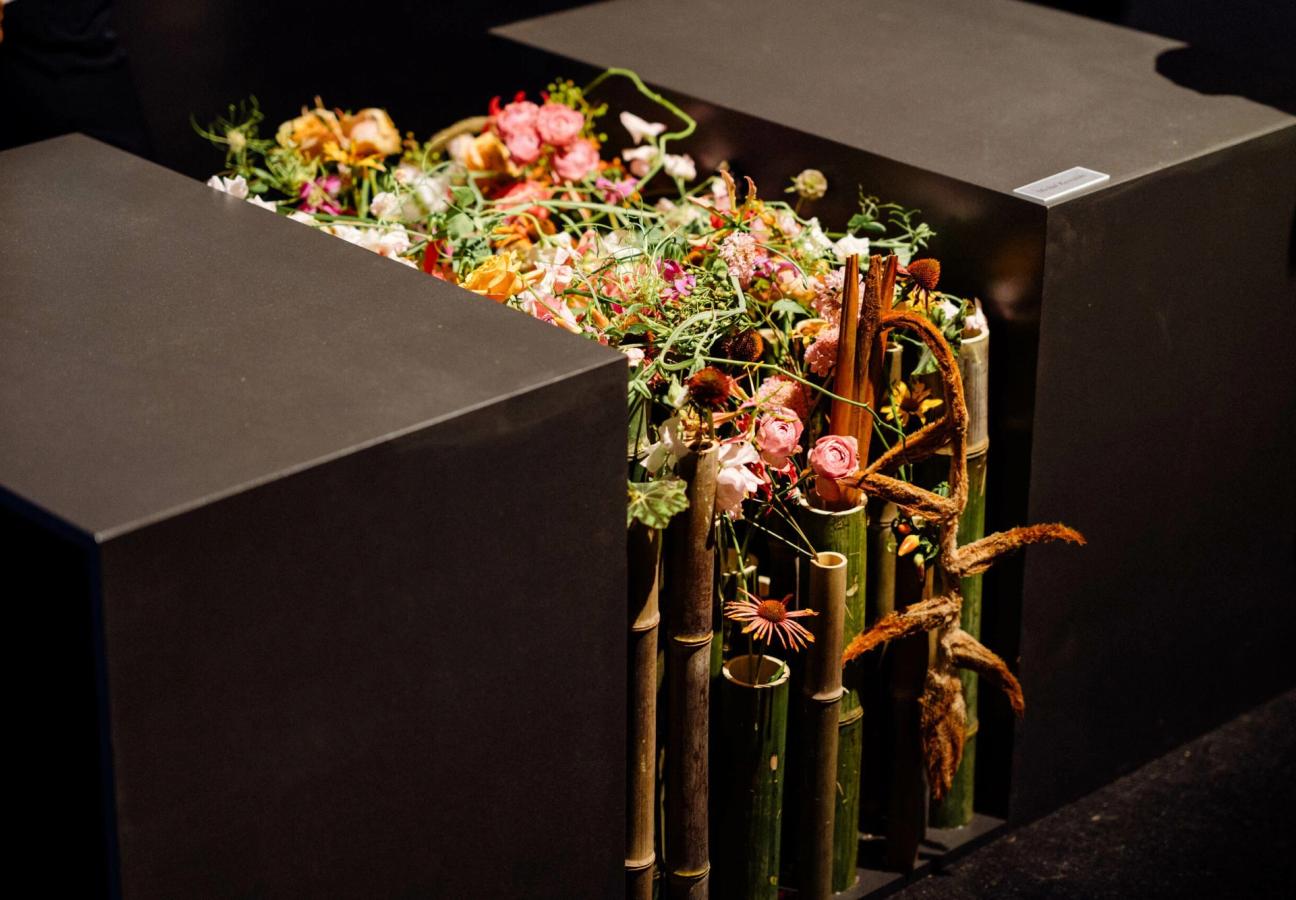
Once you’ve got your place spruced up and ready to accommodate visitors, why not rely on the sustainable floral engineers at Blooming Haus to make your environmentally-friendly interiors look even more impressive? The company champions local and rare specimens of flowers and foliage for its installations, all foraged from the British countryside. Any flowers that are found further afield are sourced from its relationships with small, independent growers in the UK, Holland and Germany.
Looking for more innovative designers? This is how Frescobol Carioca is making stylish sustainability a reality…

Become a Gentleman’s Journal Member?
Like the Gentleman’s Journal? Why not join the Clubhouse, a special kind of private club where members receive offers and experiences from hand-picked, premium brands. You will also receive invites to exclusive events, the quarterly print magazine delivered directly to your door and your own membership card.
